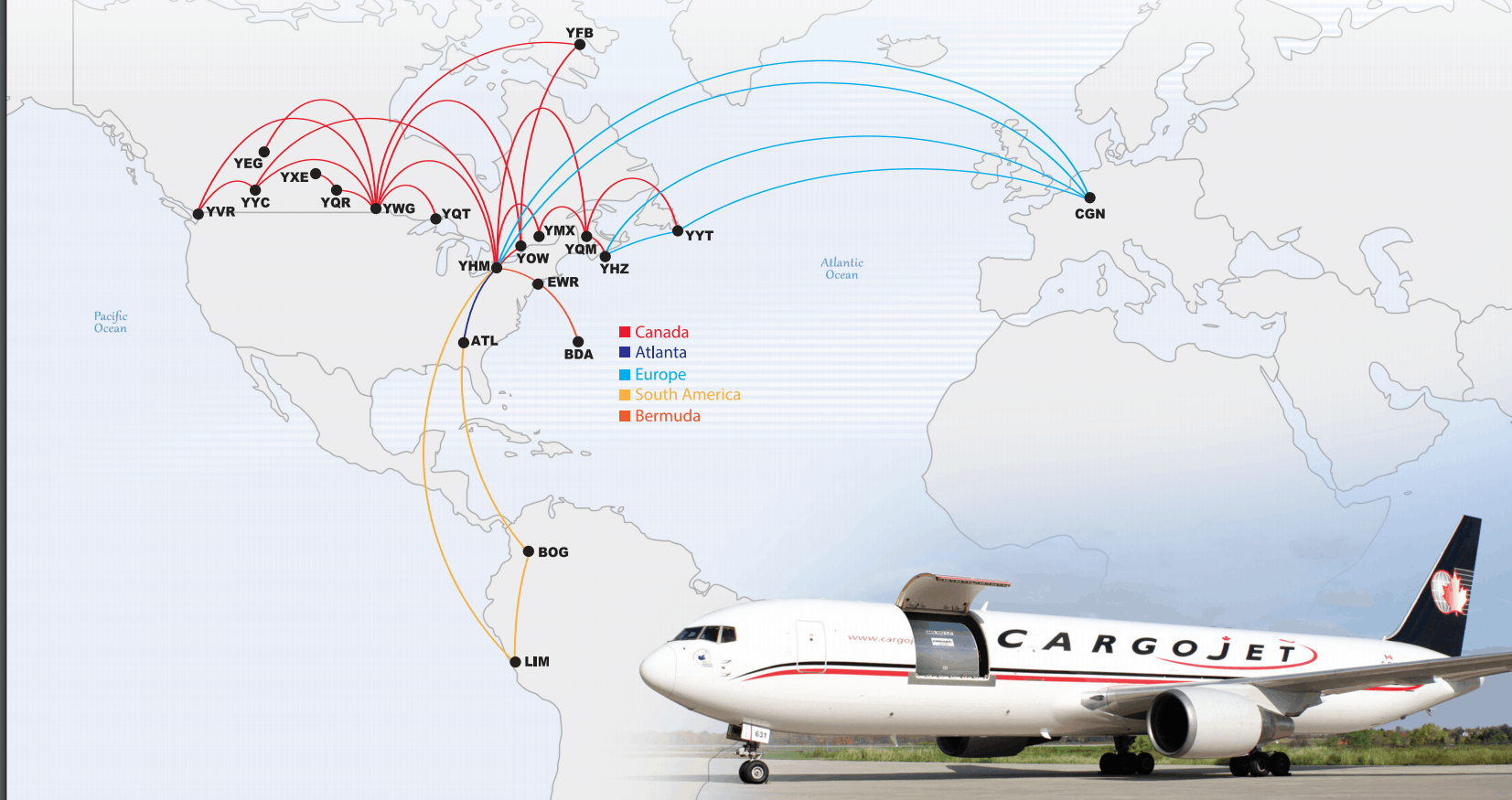Cargojet is a risky stock, this investor says

 Cargojet (Cargojet Stock Quote, Chart, News, Analysts, Financials TSX:CJT) was a big beneficiary of the e-commerce boom in 2020, but the stock has trailed off in recent months. Is this a good window to own a company that seems to have a lock on the Canadian overnight freight industry? Possibly, says portfolio manager Jason Del Vicario of Hillside Wealth Management, but investors should take note of one potential downside to the business.
Cargojet (Cargojet Stock Quote, Chart, News, Analysts, Financials TSX:CJT) was a big beneficiary of the e-commerce boom in 2020, but the stock has trailed off in recent months. Is this a good window to own a company that seems to have a lock on the Canadian overnight freight industry? Possibly, says portfolio manager Jason Del Vicario of Hillside Wealth Management, but investors should take note of one potential downside to the business.
“Cargojet has done very well because of the pandemic, but I’m looking out of the corner of my eye here at their history of return on invested capital,” said Del Vicario, speaking on BNN Bloomberg on Wednesday.
“The types of stocks we want to own for clients are companies that consistently generate above average returns on invested capital,” Del Vicario said. “But for the last two years Cargojet’s return on invested capital has hovered somewhere around four to ten per cent, which really isn’t exceptional.”
Cargojet took to the skies last year, returning 108 per cent for 2020, as demand for its services grew with the ballooning in online shopping during the COVID-19 pandemic.
Business has been booming, as witnessed by the company’s latest quarterly earnings delivered last week. There, CJT’s fourth quarter saw revenues go from $139.7 million a year ago to $187.1 million with adjusted EBITDA of $81.9 million compared to $47.2 million a year earlier.
Over the full 2020 year, Cargojet operated a record 52,225 flight block hours compared to 35,704 in 2019, resulting in total revenue for 2020 of $668.5 million versus $486.6 million for 2019. Adjusted EBITDA climbed to $291.4 million, almost double the $156.0 million from a year earlier.
“From the start of the pandemic, to our business being declared an essential service, to building unprecedented safety protocols to keep our employees safe while keeping the nation’s supply chains moving, Cargojet demonstrated unparalleled resilience.” said Dr. Ajay Virmani, President & CEO, in a March 1 press release.
Cargojet isn’t resting on its laurels, either. The company is in expansion mode, having recently nailed down a whopping $365-million bought deal equity offering and announced an expansion of its fleet, taking on five Boeing 767 freighters and two Boeing 777 freighters and pushing its services further into international destinations, most notably in the US.
“As the economy slowly re-opens, we expect B2B e-commerce to return back to pre-pandemic levels,” said Virmani. “At the same time, with a strong customer base and a healthy balance sheet, we are now embarking on the next phase of our growth by capturing international cargo opportunities. The disruption caused by vastly reduced passenger airline belly capacity has created new opportunities in international cargo that we are well positioned to go after.”
For his part, Del Vicario is staying on the sidelines for the time being, even with the stock now down 19 per cent for 2021.
“I don’t deny that they have done very well [but] they just don’t really have the history as sort of Cargojet 2.0 with this new influx of demand,” Del Vicario said. “They announced a partnership with Amazon, and certainly, they have a very strong competitive position if not a monopoly in moving cargo across Canada by air, so they’re on our watch list but we don’t own them.”
“They’re a little bit pricey, and we’d like to see more history with them earning these higher returns on invested capital for us to pull the trigger. So, it’s a little bit risky, I would say, at this point,” he said.
Cargojet has three business segments, its domestic overnight cargo, a charter plane segment and an ACMI (Aircraft, Crew, Maintenance and Insurance) business. As of its Q4 results, Domestic overnight represented 45 per cent of revenues, ACMI came in at 20 per cent and All-in-Charters was 18 per cent.
The freight business got rid of some risk in 2019 when Cargojet inked a deal with Amazon which could see the online shopping giant own up to 14.9 per cent of CJT based on bringing up to $600 million in business Cargojet’s way over the ensuing six and a half years. That move effectively erased concerns that Amazon was planning to build its own overnight cargo business in Canada, effectively cutting out a huge revenue stream for CJT.
Beacon Securities analyst Ahmad Shaath raised his target price on Cargojet after the company’s third quarter earnings report this past November. In a report to clients on November 3, Shaath said Cargojet is showing strength across all its revenue lines and that prospects look rosy for the company’s B2B, ACMI and Charter businesses.
“CJT’s outlook continues to improve beyond the most optimistic expectations,” Shaath wrote. “CJT will continue to benefit from the new norm that accelerated e-commerce sales, doubled its all-in-charter business and added new ACMI contracts to replace missing belly capacity in passenger airlines.”
With the update, Shaath maintained his “Buy” rating and raised his target to $325.00 from $310.00, which at the time of publication represented a projected one-year return of 34 per cent.
Nick Waddell
Founder of Cantech Letter
Cantech Letter founder and editor Nick Waddell has lived in five Canadian provinces and is proud of his country's often overlooked contributions to the world of science and technology. Waddell takes a regular shift on the Canadian media circuit, making appearances on CTV, CBC and BNN, and contributing to publications such as Canadian Business and Business Insider.

